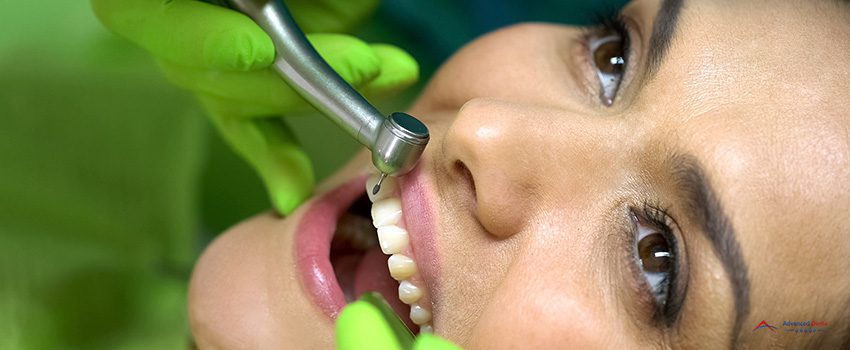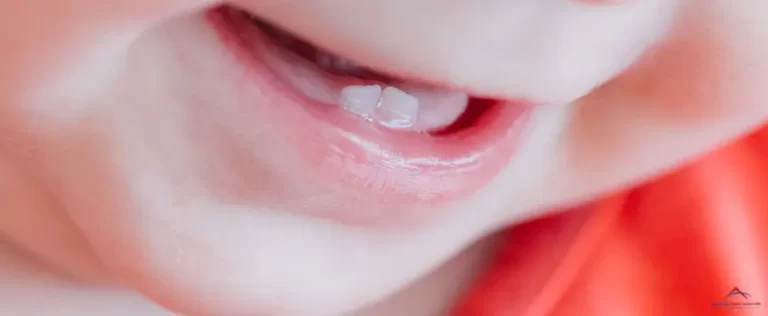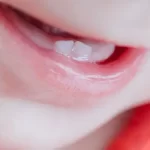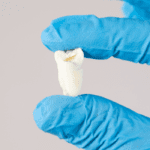The teeth are strong and can withstand chewing even the most challenging foods. However, the strength and appearance of your teeth may suffer due to wear and tear. Poor dental hygiene remains one of the factors to cracked teeth in adulthood.
Chipped teeth are quite common, especially for children. The common chipped tooth causes may include injury, bad bite, aggressive grinding of teeth, or biting too hard on food. This dental problem can also happen in adults and seniors.
Plaque buildup causes cavities and incubates bacteria that can cause acid production, eventually leading to the destruction of the enamel. The teeth can become weaker and more vulnerable if they lose their primary protection. That said, you may experience an array of dental problems.
How to Identify Chipped Teeth
A chipped tooth rarely causes pain. People don’t often notice that their teeth have been chipped until they look in the mirror. There are also rare cases where the damage is large enough to expose the nerves.
Chipped enamel can cause pain in the mouth and sudden sensitivity when eating hot or cold foods. The infected teeth where the gums are swelling can cause significant discomfort. Cracked teeth can often be confused with this dental issue. But they are two completely different phenomena.
While cracks in the enamel of the tooth may only affect the tooth’s surface, they can also cause damage to the root. Cracked teeth can often be felt when you eat because of the sharp, slight pain that occurs as you chew.
What to Do About Chipped Tooth?: Treatments for Chipped and Cracked Teeth
There are many services available to help you with this dental problem. It should not be a major concern. However, there are some cases where chipped enamel may need to be treated.
Here are some symptoms that you are suffering from dental complications:
- Fever
- Teeth pain
- Sour taste in the mouth
- Bad breath
- Swollen glands in the neck and jaw area
So what is chipped tooth treatment?
The extent of damage to the teeth will determine if a dentist needs to polish them. If the chip is minute, no additional procedures are necessary. If the chip of the teeth’s enamel is quite significant, a dentist will fill the tooth to restore its normal appearance.
The dentist may perform a root-canal procedure to remove damaged nerves when the damage is severe. The treatment for cracked teeth is similar to a chipped-tooth repair. However, it depends on what type of crack you have.
Simple Cracked Teeth
Superficial cracks in the teeth are known as “crazed lines.” Although these cracks do not usually require professional attention, a visit to a dentist can help determine any underlying problems.
Split Teeth
Split teeth can occur to molars when they are filled. Vertical cracks are common in this type of cracked teeth. How is a chipped tooth repair for this kind of teeth damage? Depending on how severe the root damage is, the tooth may need to be cleaned or removed altogether.
Serious Cracked Tooth
A severely cracked tooth is one that has a crack from the crown to the roots. You may feel pain or bleeding if this continues. Your dentist might recommend that you remove the entire tooth.
Teeth bonding, a relatively simple procedure to fix cracked teeth, can generally be done in a few minutes. Teeth bonding can be achieved by using a resin of the same shade as the chipped tooth.
If the situation is more complicated, dentists might bond the infected tooth next to the healthy one to keep them stable while healing the surrounding gums. This procedure is known as teeth-splint.
If the damage has extended to the teeth’s nerves or roots, a root canal procedure might be necessary to remove the damaged pulp and prevent infection.
Why You Should Never Ignore This Dental Problem
Here are reasons why you should schedule a dental visit right away:
- You could develop sensitivity to pressure and temperature.
- You could injure your tongue.
- You could even break your teeth completely.
- You could suffer an infection.
What to Do About Chipped Tooth
When they aren’t severe, chipped teeth shouldn’t be considered alarming. Even though the chip may be minor, it is vital to maintain good oral hygiene. Take these easy steps to care for a chipped or broken tooth.
As first aid, you can use this at-home treatment for chipped tooth:
1. Rinse thoroughly with warm water.
You can use warm water to soothe inflammation. If the chip is large enough to allow bacteria into the mouth, rinse the area immediately. If bacteria grips on an open wound, it can lead to infection. Warm water is an excellent way to prevent it from happening.
2. Put pressure.
Only use pressure when there is bleeding. Use clean gauze to apply pressure to the bleeding gums. Doing this will stop any bleeding and protect the area from becoming infected. Be sure to use clean gauze. You can use a towel if gauze is unavailable.
3. Apply dental cement.
Applying dental cement is helpful for cases when a significant portion of a tooth is broken, exposing the inner part of the teeth. It is available in most drugstores at a low price. Make sure you follow the instructions for how to apply dental cement correctly.
4. Get professional assistance.
Visit a dentist if you are unsure about the extent of the damage caused by your chipped tooth. A dentist will give you a complete overview of your mouth and surrounding area. They can also suggest different treatment options if needed.
Prevent complications by visiting your dentist. For any infections, you should see a dentist immediately. Your dentist can also prescribe the proper medication for your broken or chipped tooth.
Let Advanced Dental Group Help You!
Call us if you are looking for dentists in Clearwater, FL, for chipped tooth repair!
We have a network of licensed dentists near your area who can help. Our team will connect you to one right away. We are your partners in keeping your smile camera-ready. With us, maintain your pearly whites’ health and visuals for years to come.





